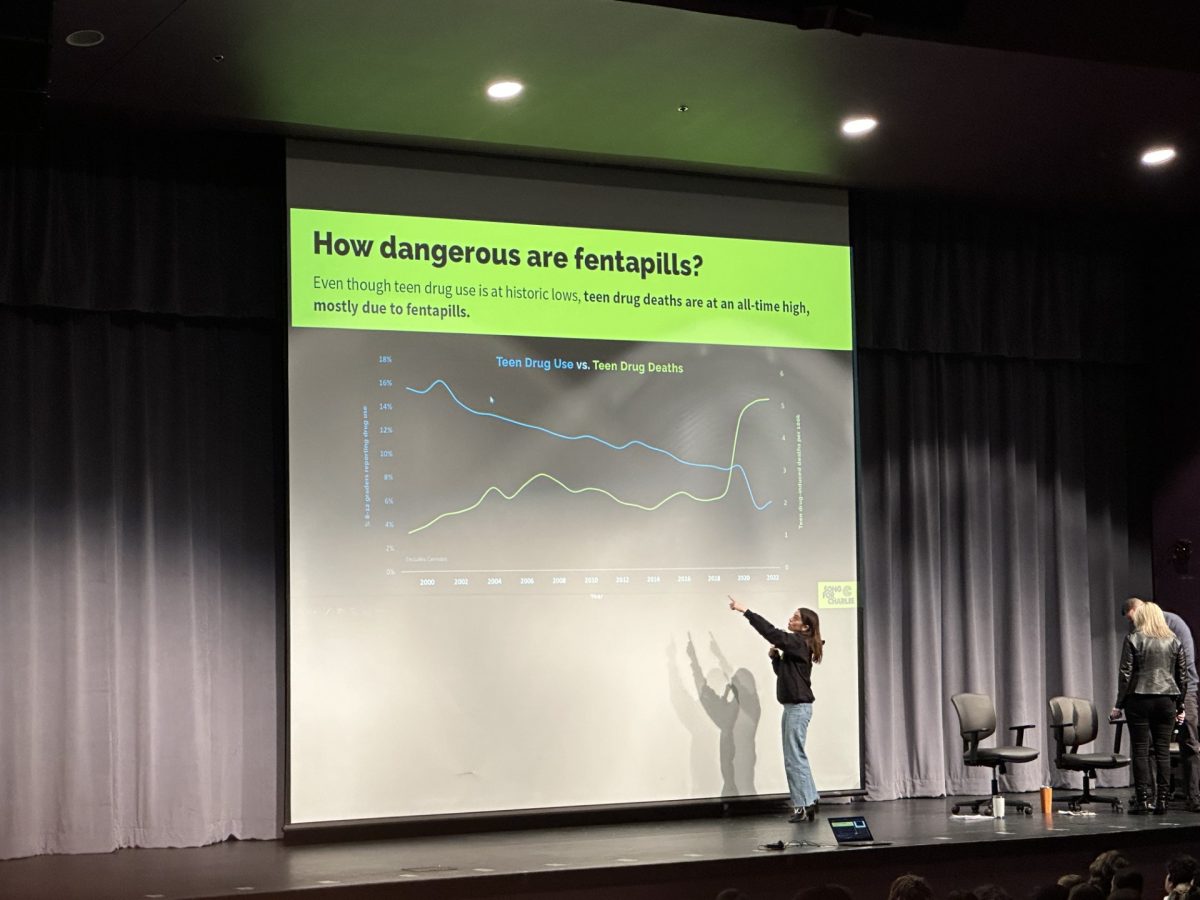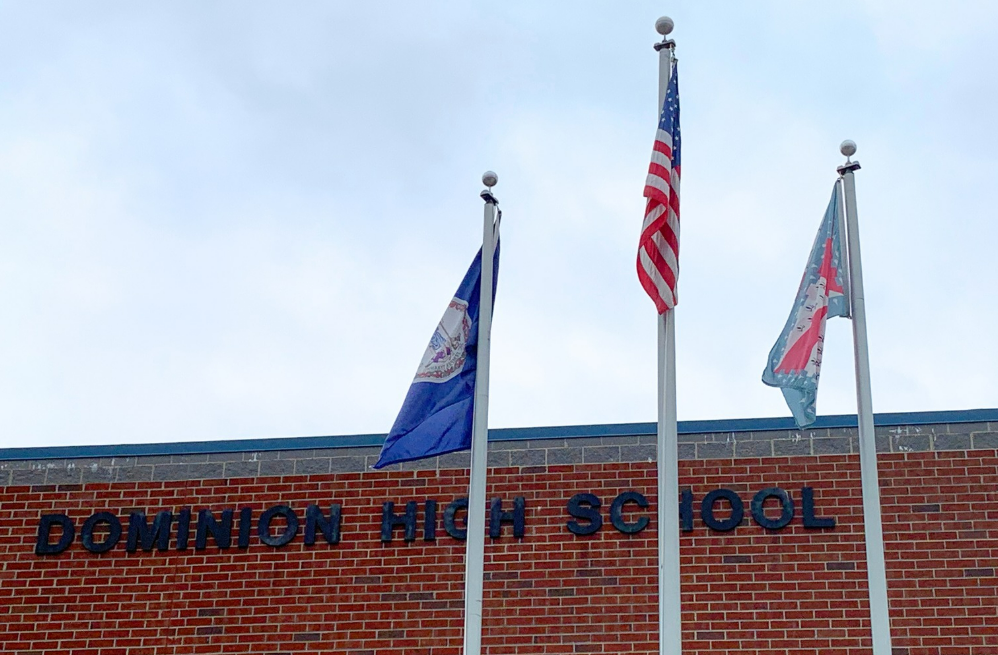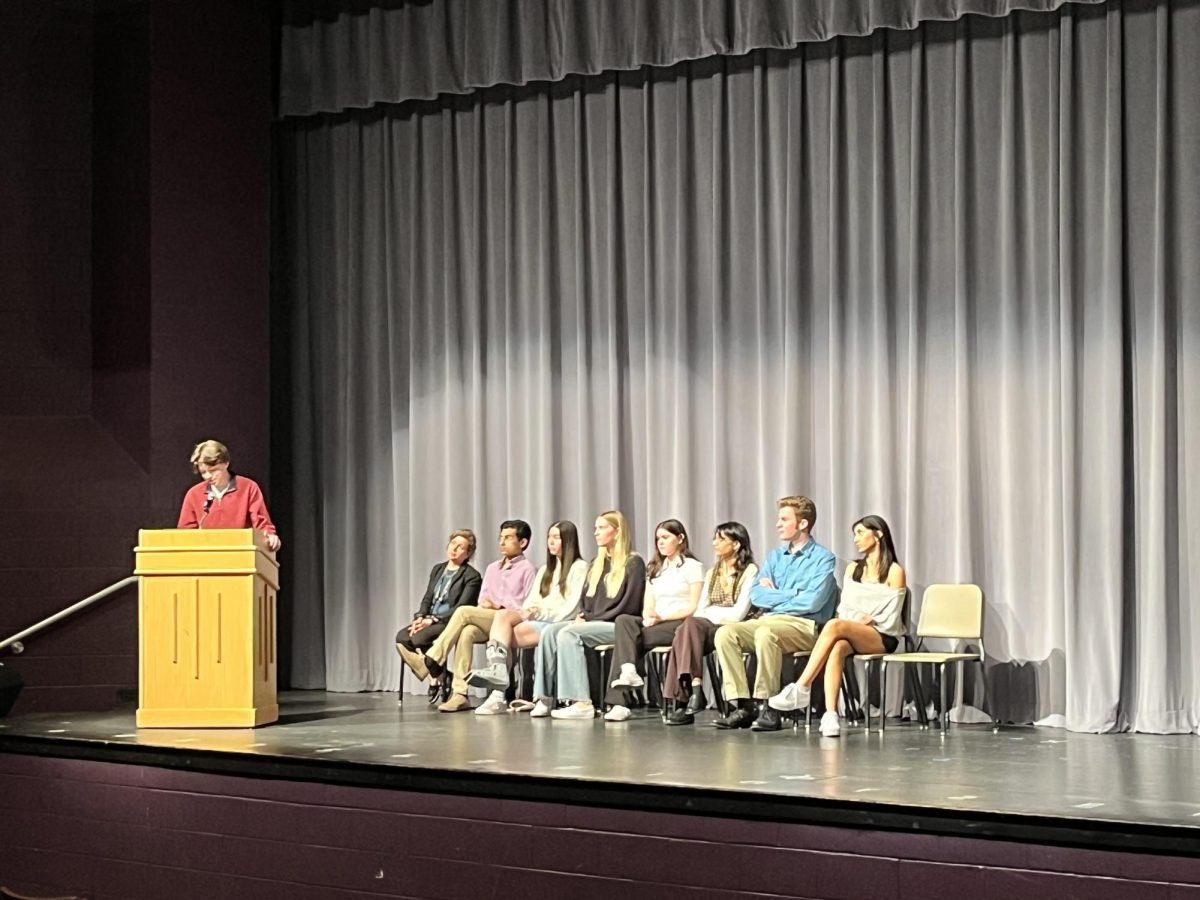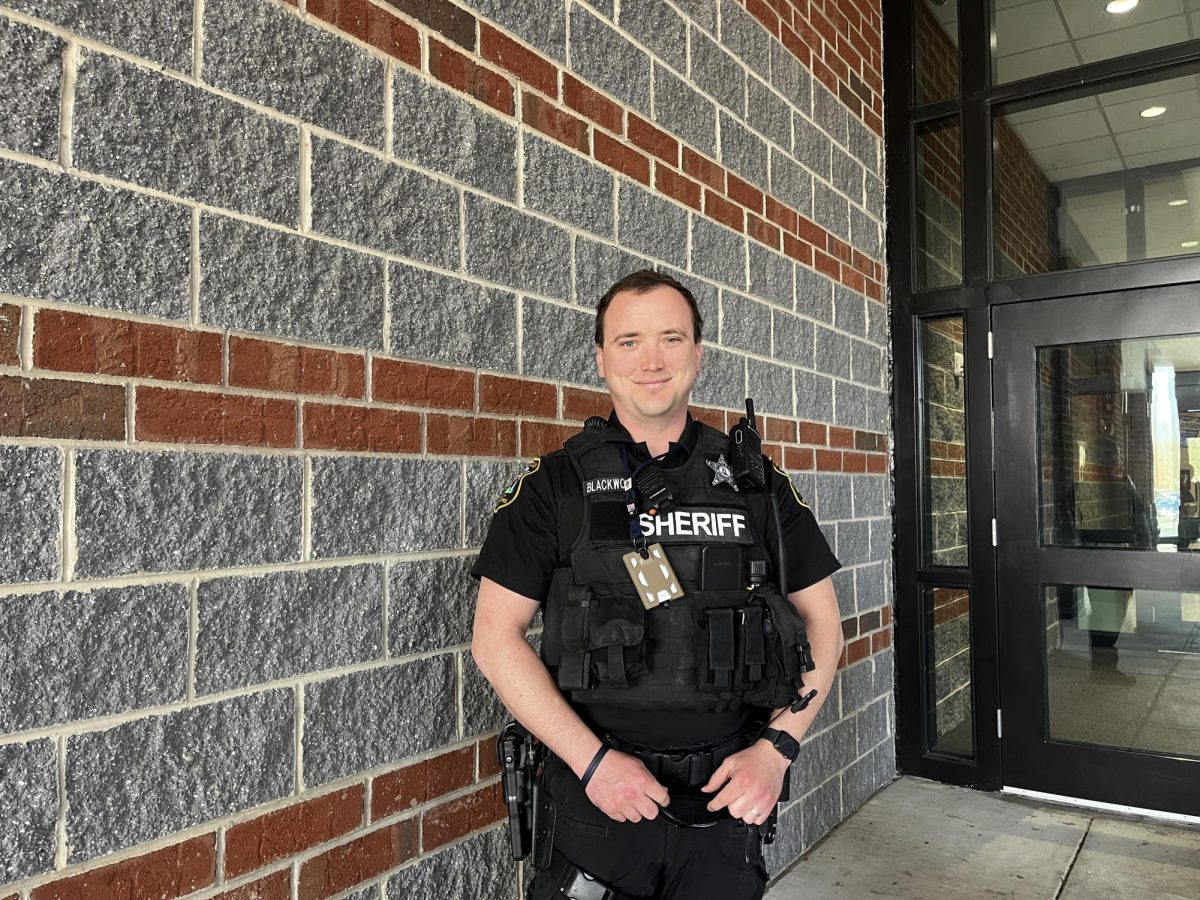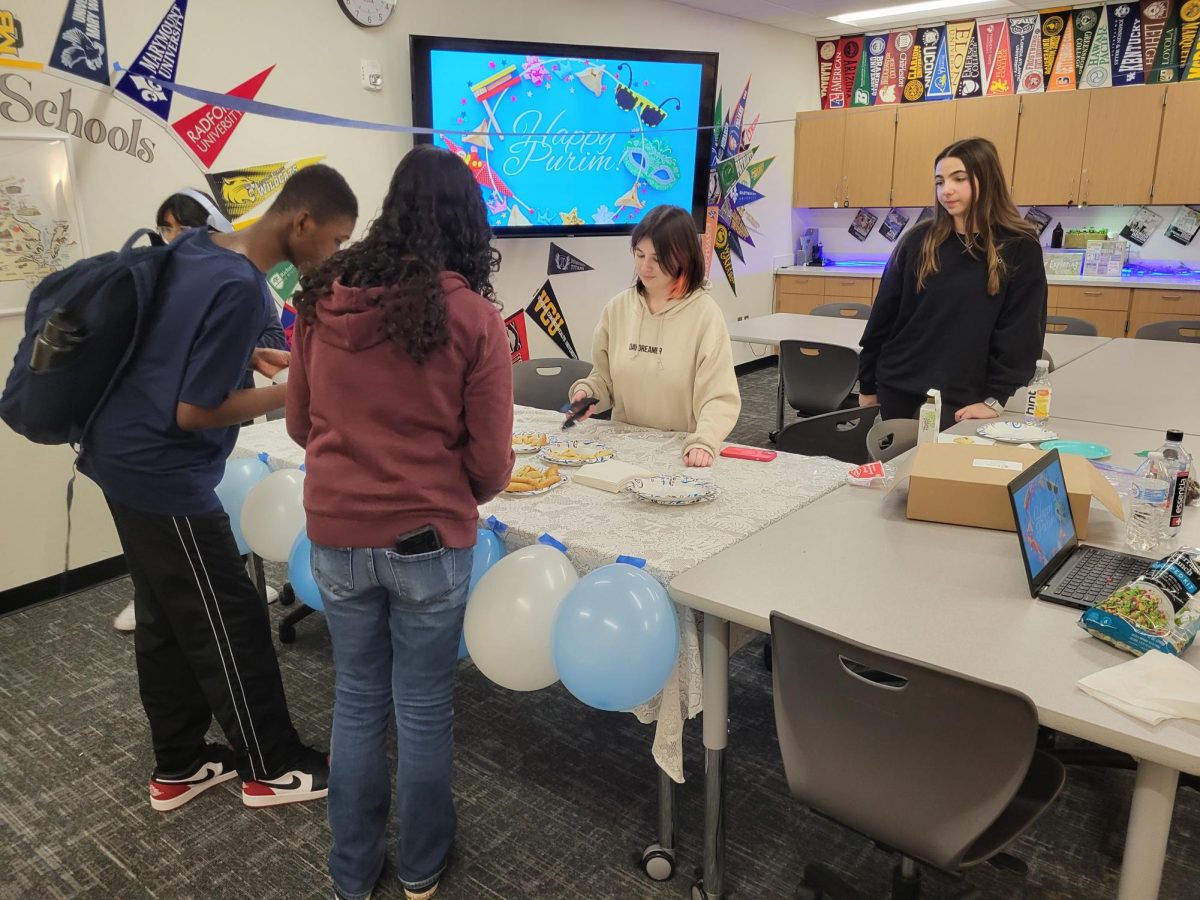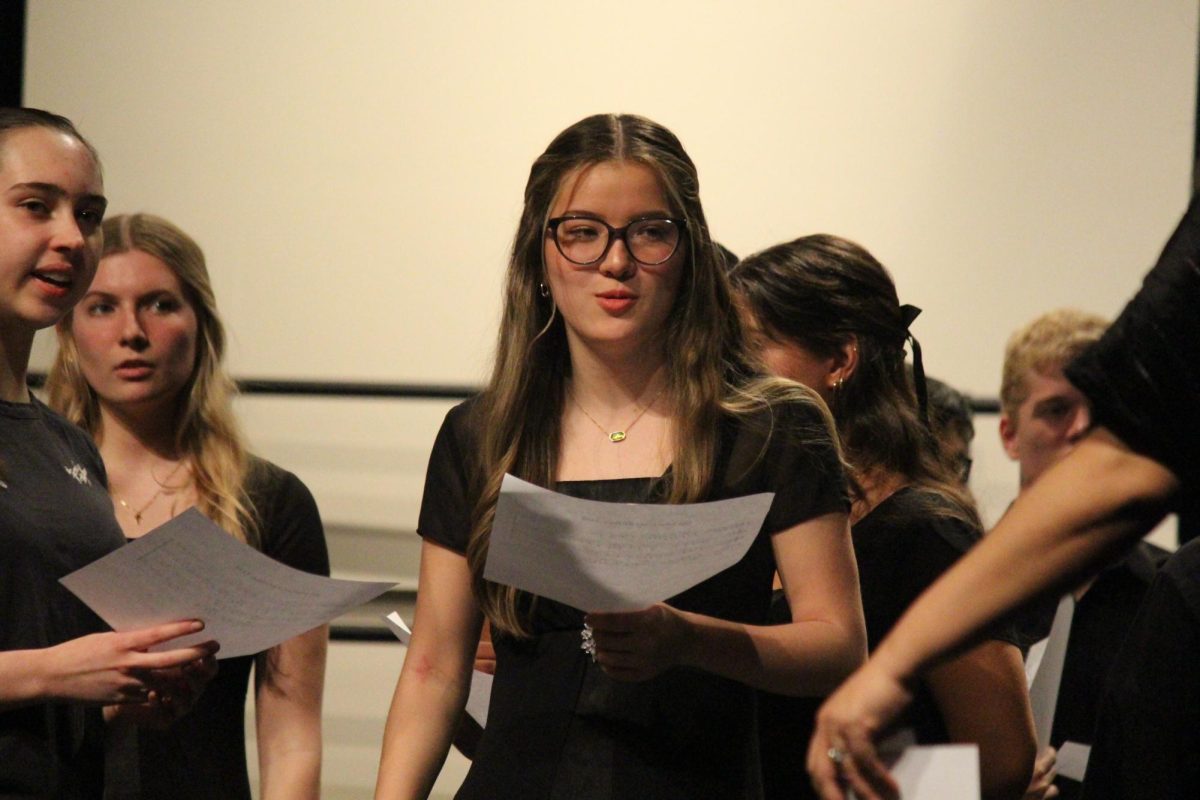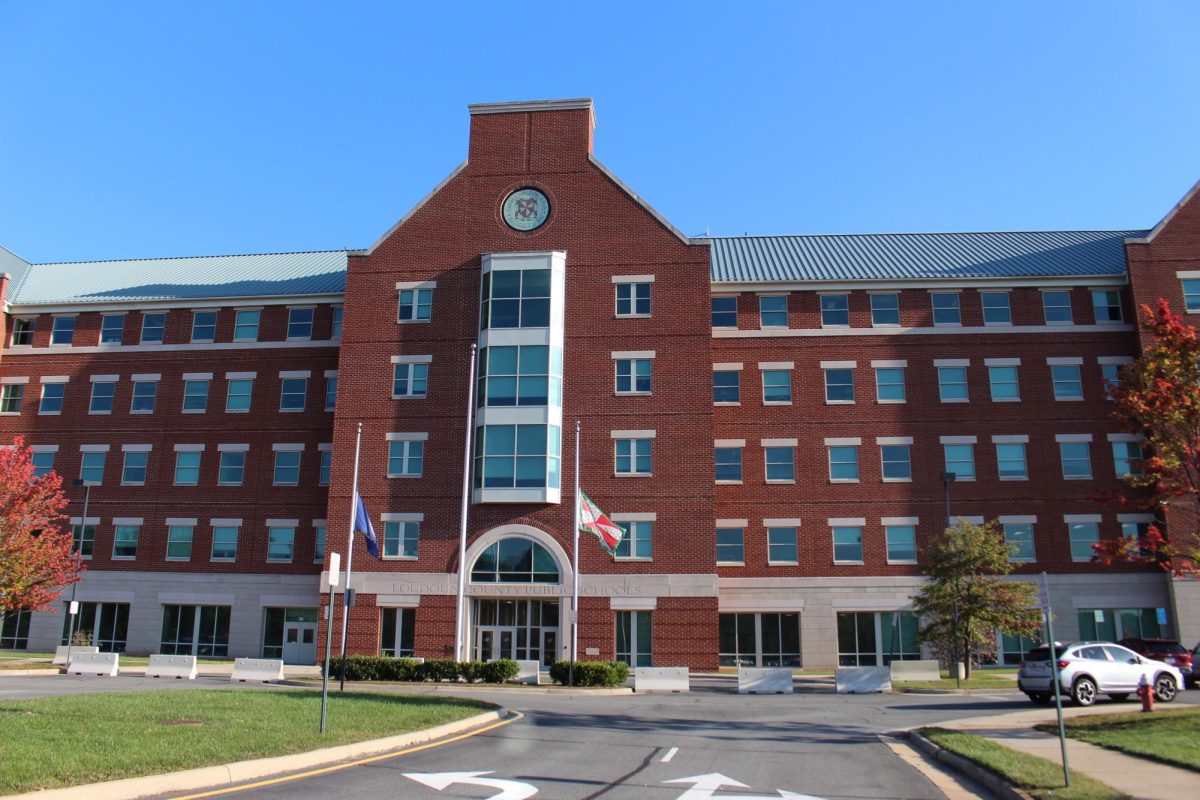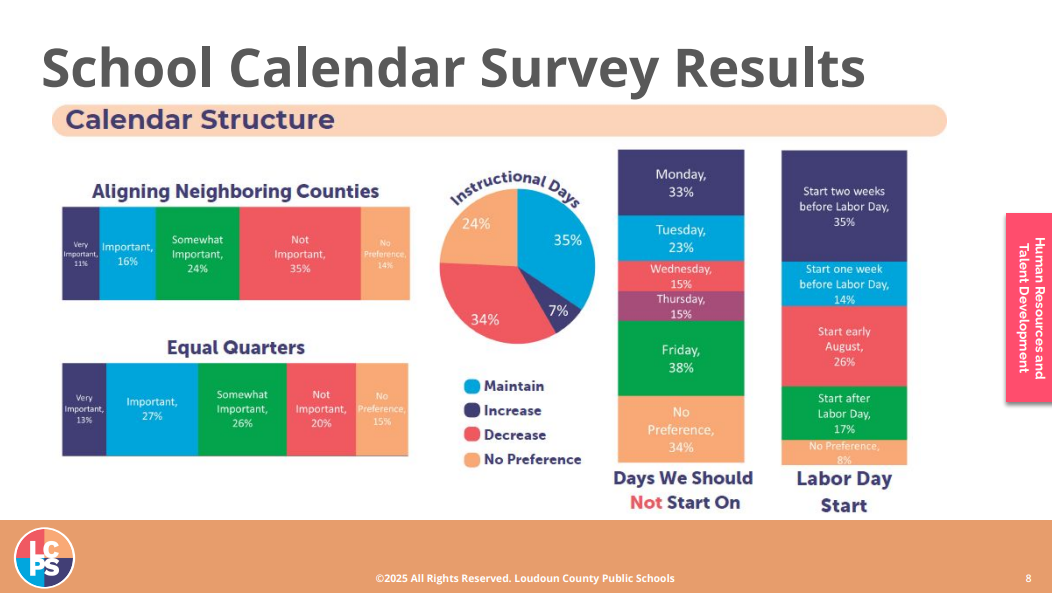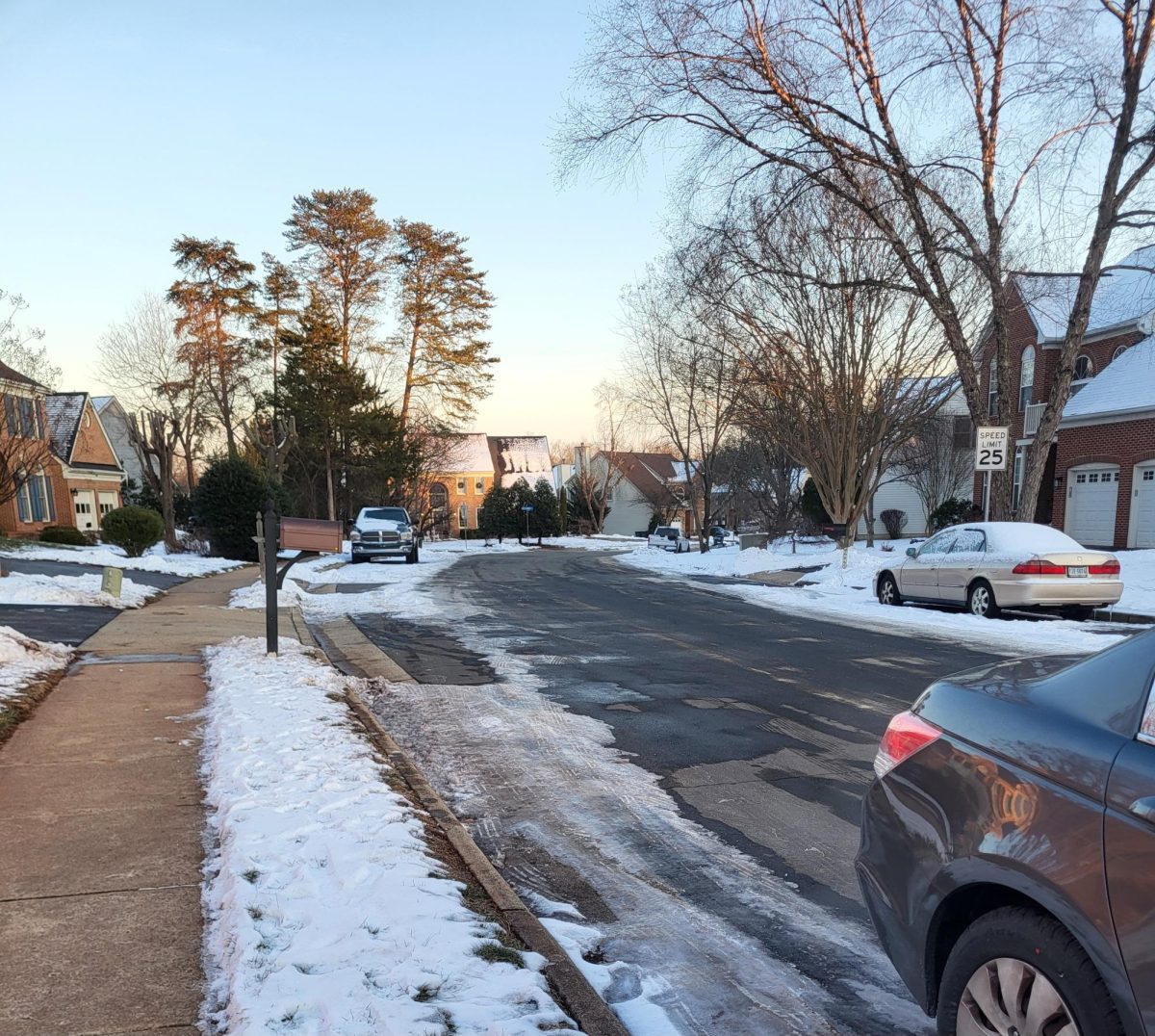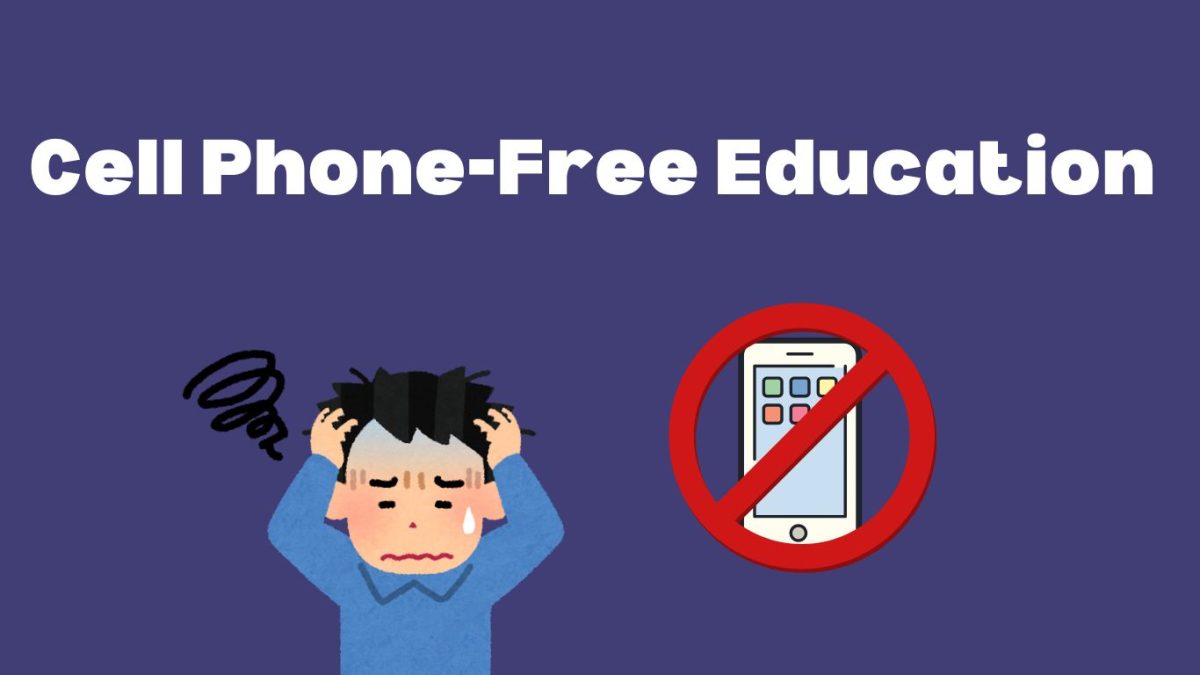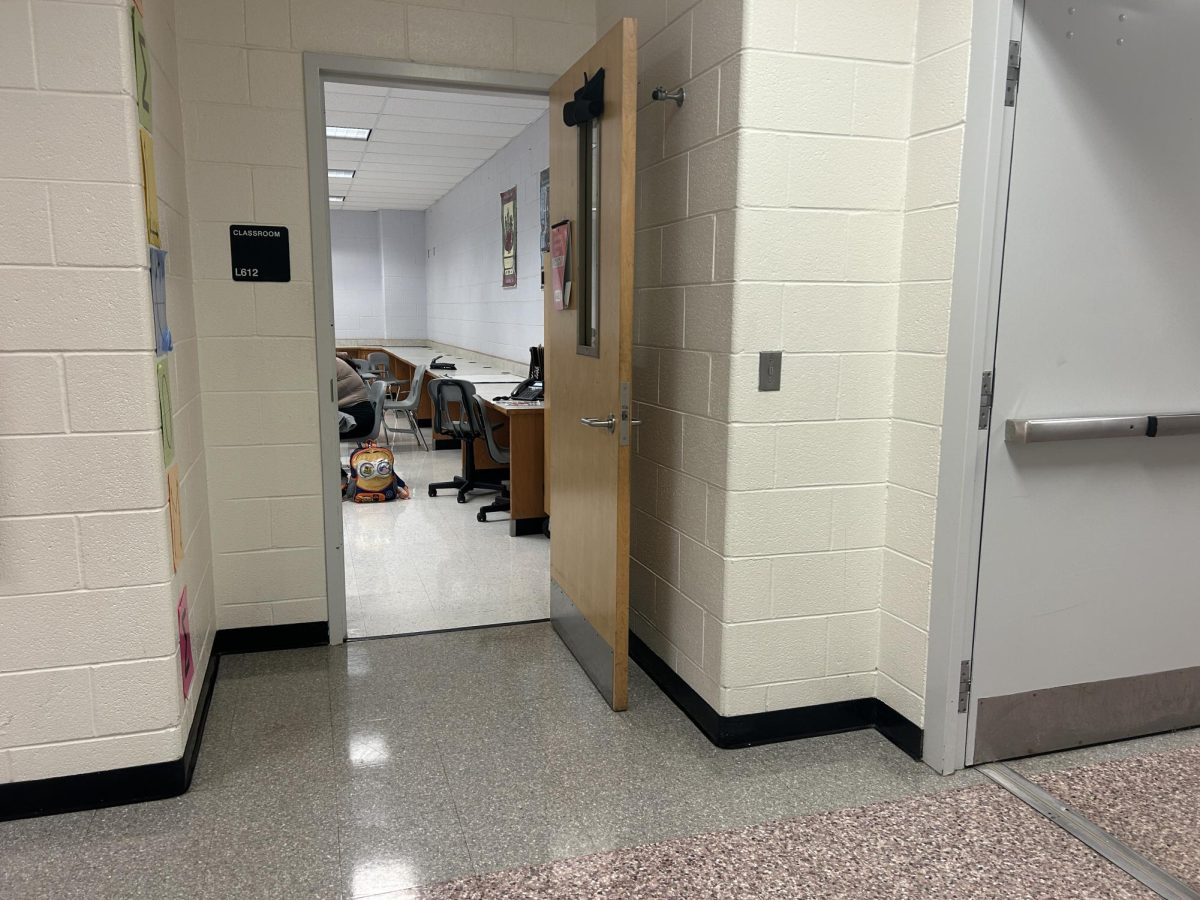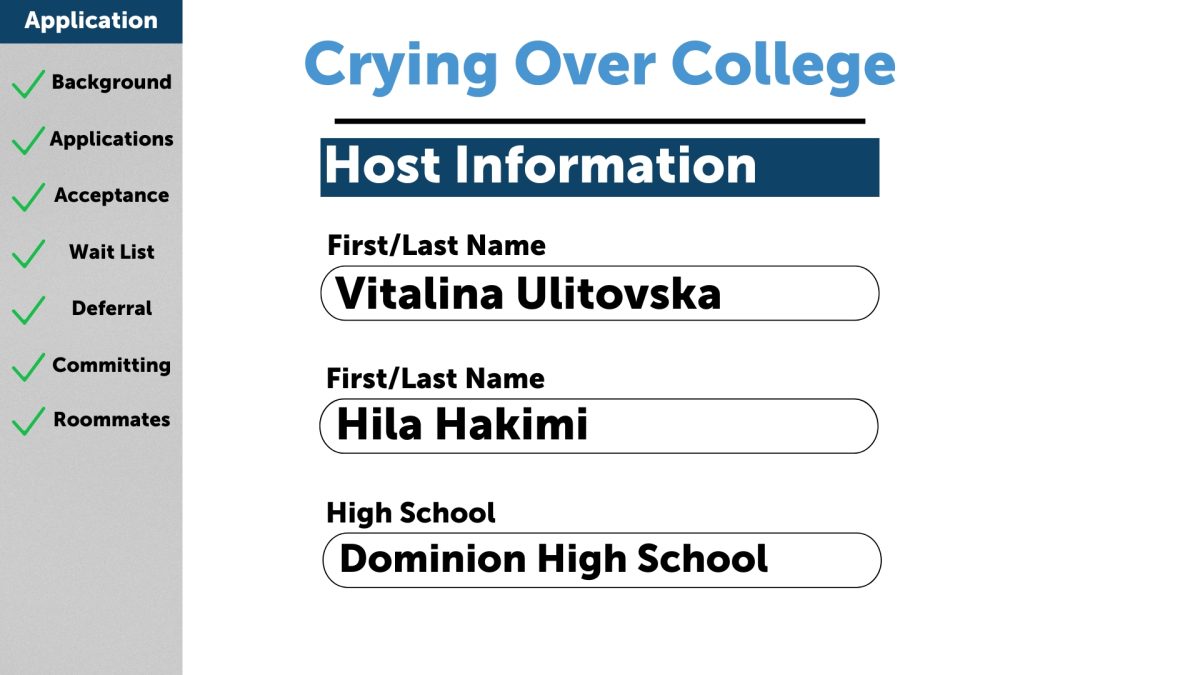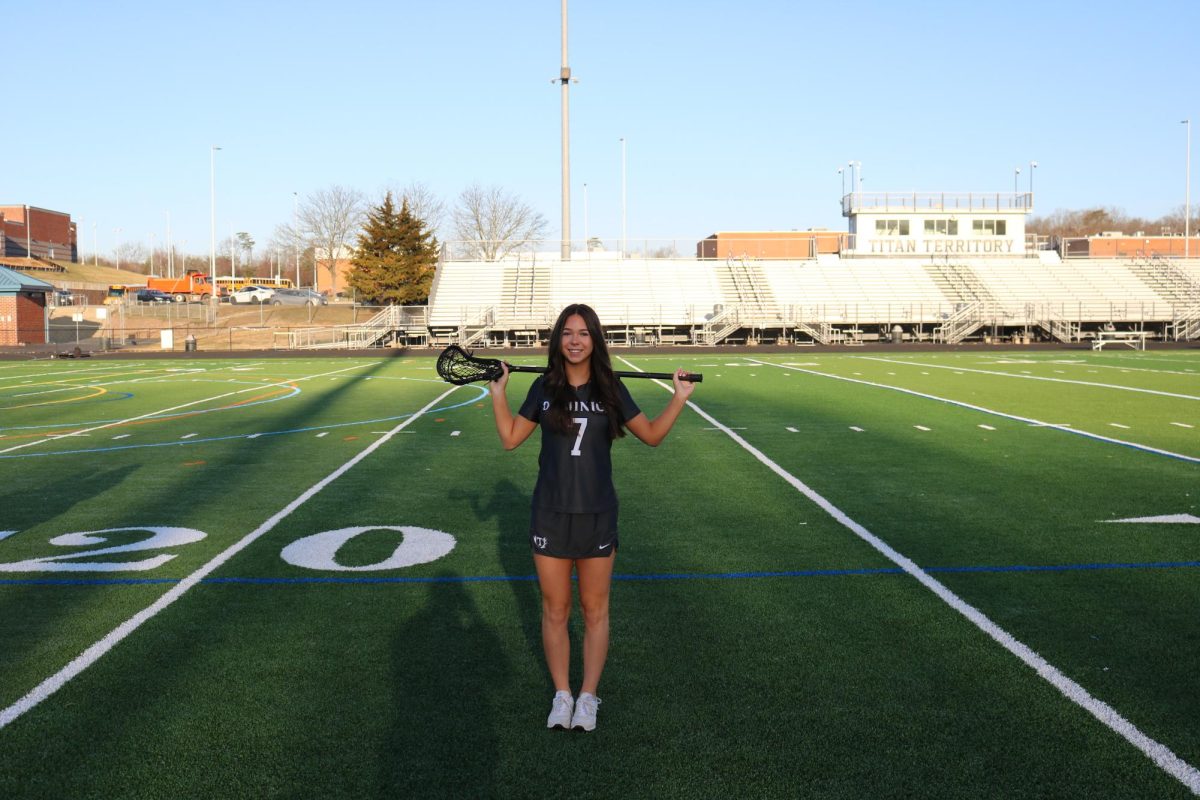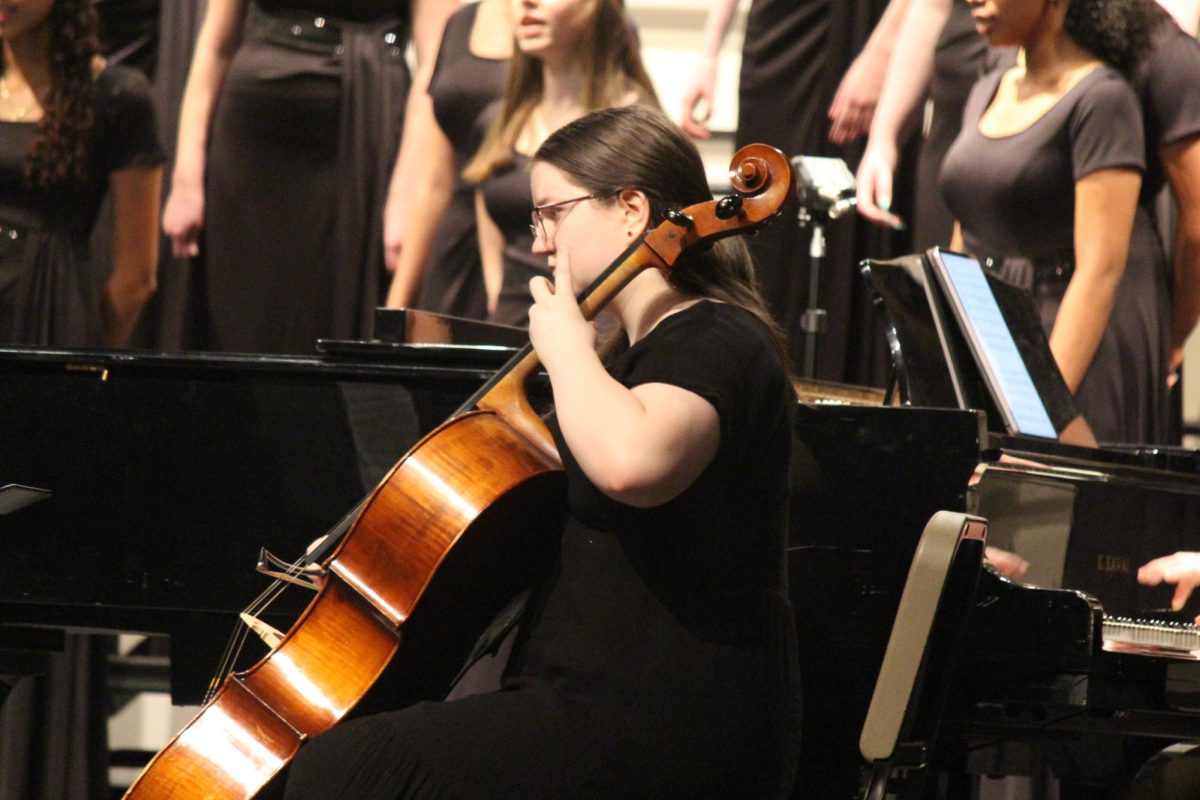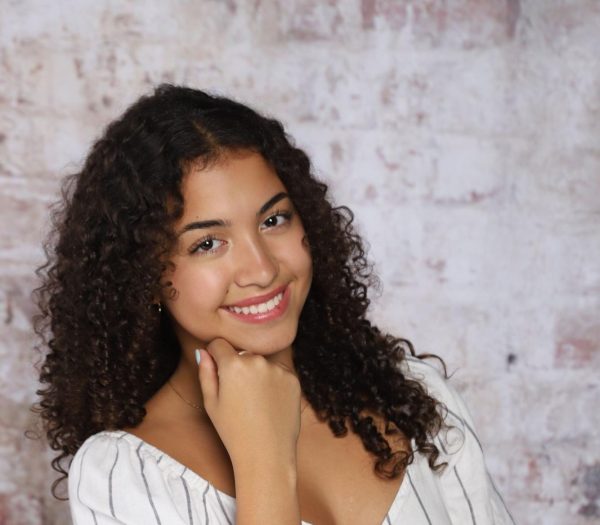Friday, March 1, the organization “Song for Charlie” hosted a presentation in the auditorium featuring guest speakers who aimed to raise awareness among the student body about the dangers of fentanyl and the national, and local, opioid crisis.
Speakers on the panel of the assembly include the supervisor of Student Assistance Services, Darren Madison, Delaine Mazich, who lost her son to a fentanyl overdose, and Dr. Gina Malagold, who lost her brother to an overdose. “We’re on a mission to spread awareness,” Mazich said.
Mazich and Dr. Malagold shared the stories of the loss of their loved ones to fentanyl, as well as a presentation including data on fentanyl-related overdoses in teens and around the country. “My brother loved high school students. He was a volunteer, he was a crossing guard, he was a lifeguard. So, [students] are his people, the high school generation were the people he wanted to look out for the most, and I want to live on with his legacy and honor his life and his memory,” Dr. Malagold said.
Song for Charlie, the organization which provided presentation materials, was established following the passing of Charlie Ternan, a college student who overdosed on a fentanyl-laced pill. “Our objective is to prevent purposeful or accidental overdoses among the student body,” Dr. Brewer said.
“I hope students were able to see the impact, firsthand, meeting a sister that lost her brother, meeting a mom that lost her son. Seeing that these are real people, it’s not just something that you see on TV, but it’s people living in our community” Dr. Malagold said. The common message that both of them wanted students to take away from their presentation was “don’t think it could never happen to you, and be a friend,” Mazich said. “You’re really betting with your life.”
Mazich and Dr. Malagold shared with students that seven of every 10 pills seized by the DEA have enough fentanyl to be deadly.
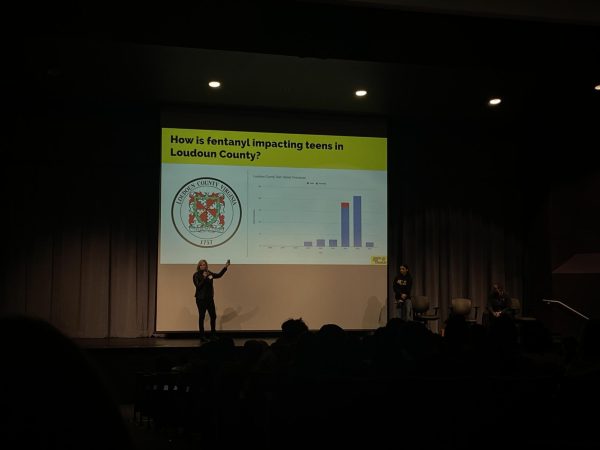
“I never knew the extremes of it. But, I knew about Narcan and I knew how to use it. I just never understood the extremes that I can get to.” junior Anna Bella Shimazaki said. “It helped me to realize how common [fentanyl] is. It made me think about, [how] one person you could see during the school day, that exact night that could be gone.”
Dr. Malagold emphasized that if students know a peer or loved one is struggling with substance use, they should try to obtain Narcan, the overdose-reversing drug used to treat opioid overdoses, as well as “look out for one another, put our phones down and try to reach out and just be present for people so people don’t feel sad that then they [may] want to self medicate. I hope students can sense the importance of that”
Dr. Malagold said that if there was one thing she could tell every teen in America, it would be that “they’re not alone, And they have a lot of resources that are going to help them get through this tough time. It’s a really scary world right now. And there’s a lot of pressure that people are feeling and that you’re not alone. ”
This school year, there have been 13 reported overdoses in LCPS, which has become a motivator for the increased presence of fentanyl awareness posters, presentations, as well as the introduction of drug-sniffing dogs coming this month throughout the county.
After the first two assemblies, Dr. Malagold gave a brief review of the presentation and held an additional discussion with a smaller group of English-learner students. “I really want to help my community here where I live. It’s an amazing place to live, and Song for Charlie is a very effective organization that has so many tools for youth and young adults to help protect them and keep them safe” Dr. Malagold said.
Both Dr. Malagold and Mazich have been working on projects to increase fentanyl awareness in schools. Dr. Malagold, who is a Uruguayan-American professor of Latin American studies, is leading a team of 12 experts called the Hispanic Task Force alongside Song For Charlie to provide the Latino community with specialized mental health and recovery support. Mazich has been working with the first lady of Virginia, Suzanne Youngkin, to create resources for students. “We really need one place that Virginians can go to, to get information, no matter where they are in Virginia,” Mazich said.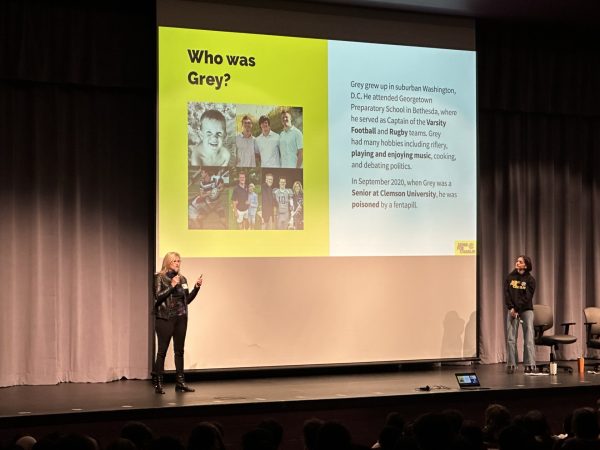
After the assembly, teachers held small group discussions in class focused on how the students felt about what they just learned “because the topic is very important and could also trigger strong emotional responses from students who have suffered trauma within their friend or family circle,” Brewer said.
“My prior knowledge of this subject was just from friends and family members. My perspective has changed. I just didn’t realize how big of an issue it had in our community. I knew it was an issue in other parts of the country. I just didn’t know it was affecting so many students in Loudoun County.” senior Nate Garland said.



